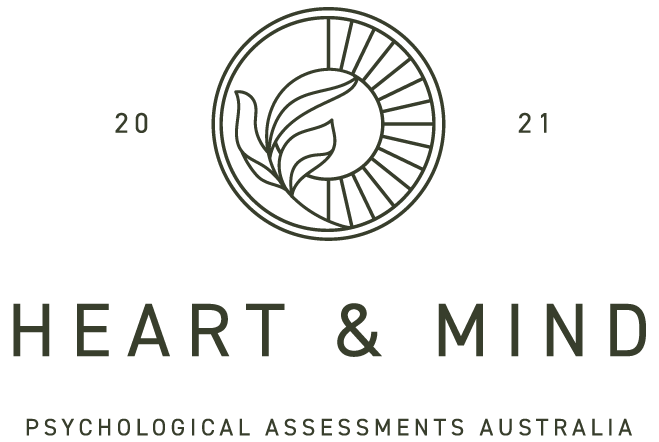How To Discuss Autism With Your Child
Why it is important to discuss autism.
Your child will find out regardless, especially if they are receiving services for autistic children, being assessed by a psychologist or have specialised learning plans at school. It is best that as their parents, they hear it from you. This gives your child the opportunity to explore what it means and ask any questions. If your child finds out through a third party, they may feel betrayed and ashamed as it may seem like you purposefully hid this from them.
More importantly for many children, an explanation for their differences helps them to understand themselves, especially at an age when self-discovery is so important for their development. Self-knowledge leads to self-acceptance, helping them to become confident in themselves.
When should you talk to your child about autism?
There is no ‘right age’ to tell your child, it will vary depending on each child's cognitive abilities as well as the age they are assessed. Nevertheless, the sooner the better. If possible, beginning the conversation before the assessment takes place is ideal. This can be done by explaining in broad terms explaining why the assessment is necessary, such as “the assessment is for us to understand how your brain works.” This also naturally leads you to discuss the results together.
If this is not the case, it is important to have the discussion when both you and your child are ready. Make sure that you are in the right headspace so that you can talk to your child in a reassuring and positive manner. Talk to your child when they are in a familiar environment, such as curled up in bed or at the dinner table.
If you are struggling to start the conversation, talk with your psychologist at Heart and Mind. They can help you understand your own feelings and apprehension, whilst assisting with specific techniques you can use. If needed, they can be there to facilitate the conversation.
How can you help your child understand autism?
Integrate it into everyday conversation from the beginning helps to de-stigmatise and normalise the concept. Some examples include, “Your brain works differently from your friends because you're autistic.” or “ Your autistic brain is more sensitive to noises.” This helps them to understand what autism is in the context of everyday situations and how it affects them.
Talk about autism in a positive light, this may sound like a no-brainer but negative associations can happen quicker than you think. For example, bringing up autism when your child is having a tantrum or in a disagreement with a sibling can cause the child to associate autism with negative feelings. It is important that your child understands that autism isn’t a negative thing. This can be explained through discussing that everyone has strengths, differences and challenges. Your child's challenges may be different to those the children around them face due to Autism, but they also have strengths that make them unique.
Be prepared for your child's reactions and questions. Children are unpredictable in their responses, so be prepared for any kind of reaction. Some children are indifferent whilst others may feel angry, sad or relieved. They may have questions, such as “is it contagious?” and “why doesn’t my sibling have it?”. These are a good opportunity to teach your children about autism, explaining that people are born with it and although it won’t go away, there is a lot of support available.
Although this is a difficult task, it is important to have this conversation with your child. If you are looking for more advice or would like a psychologist to facilitate the discussion please contact Heart and Mind Psychology today.
